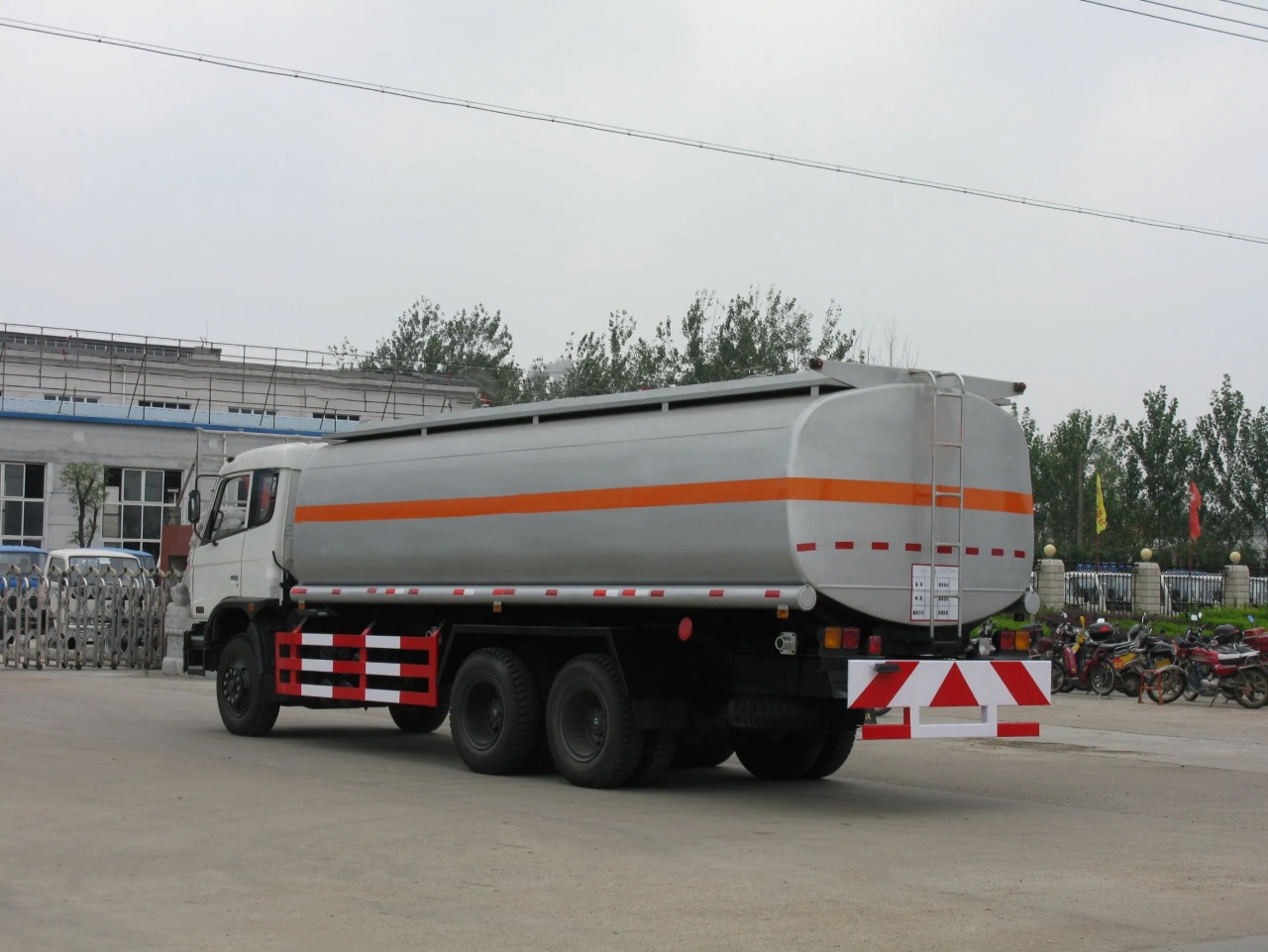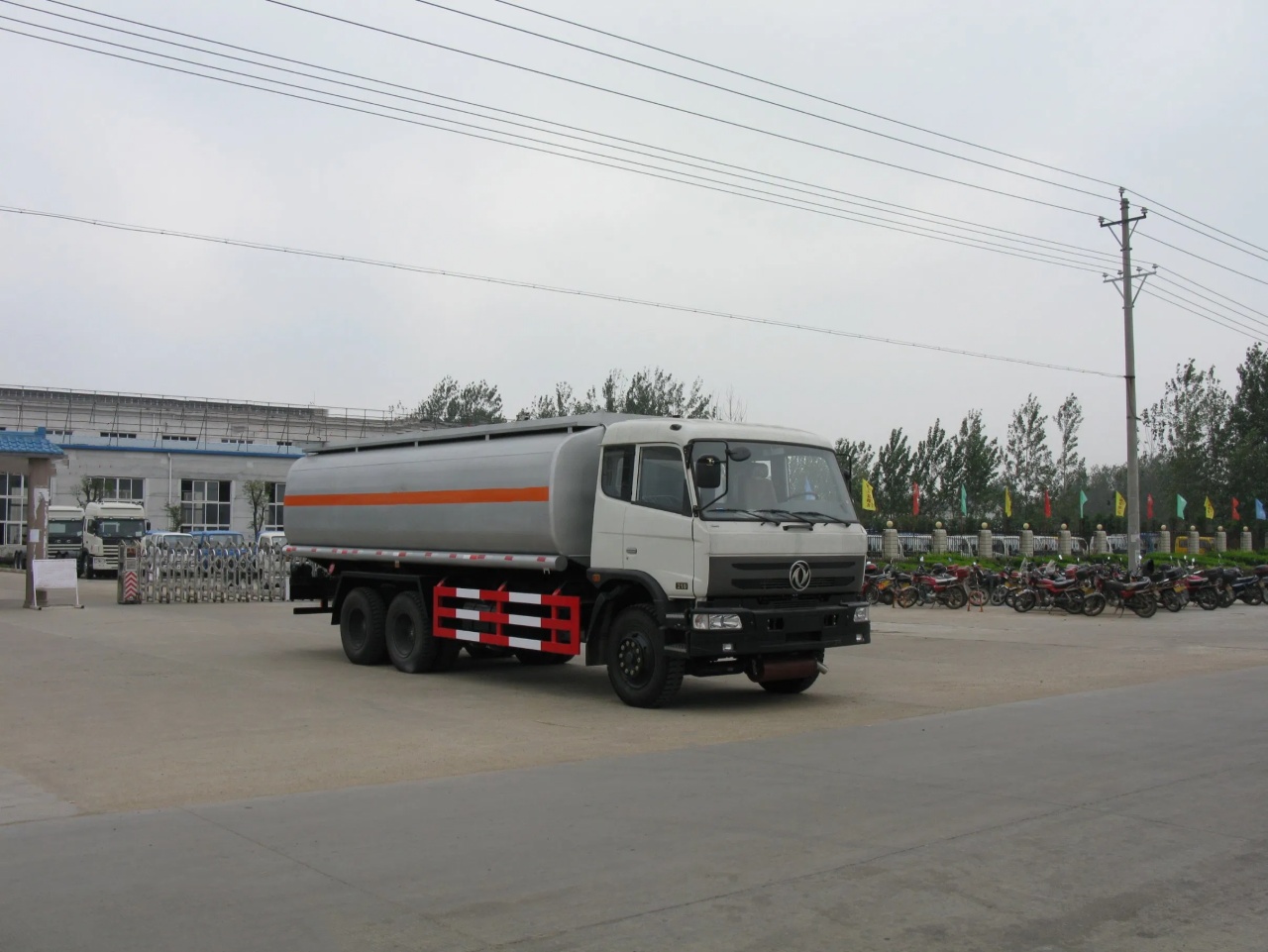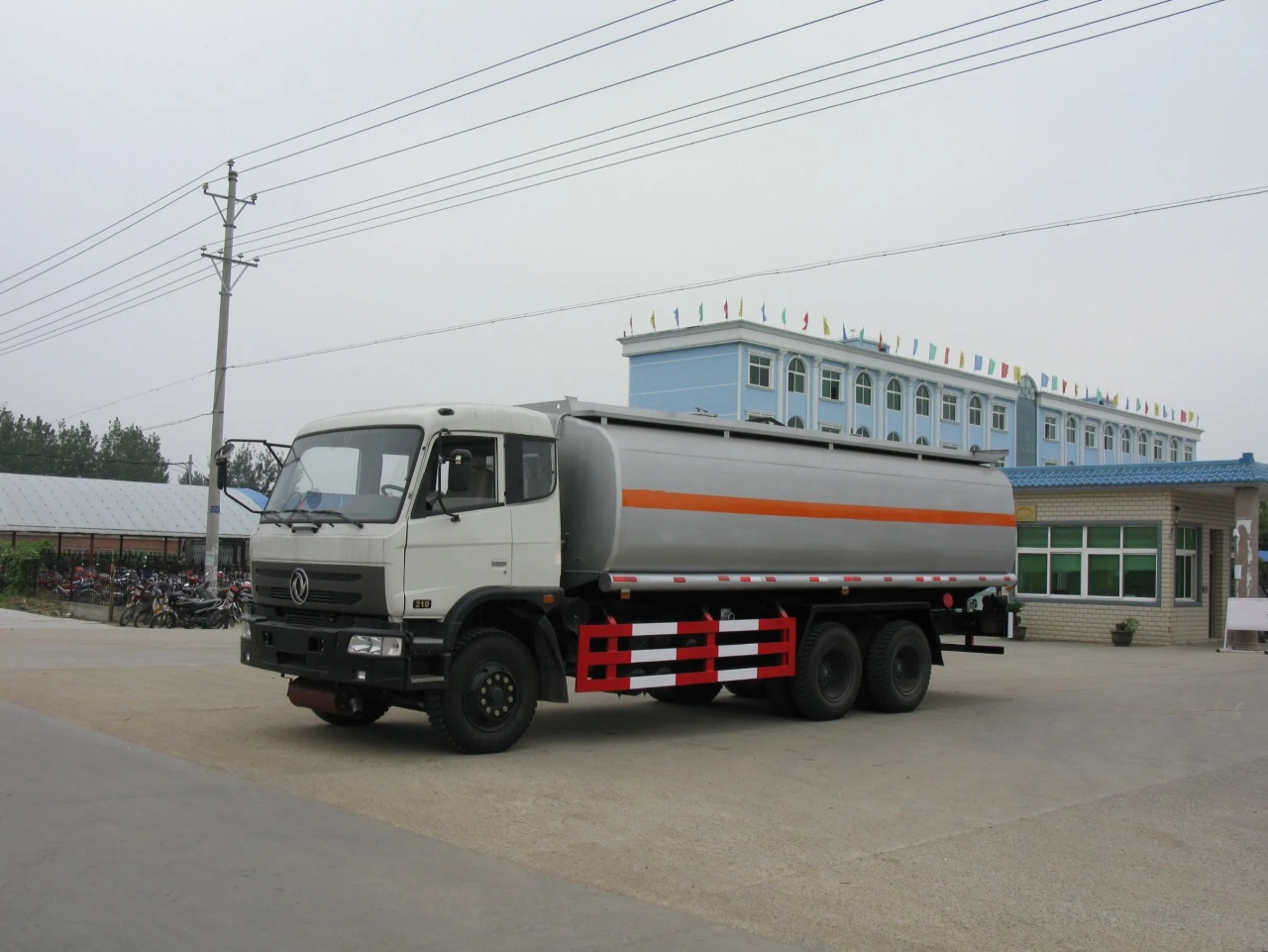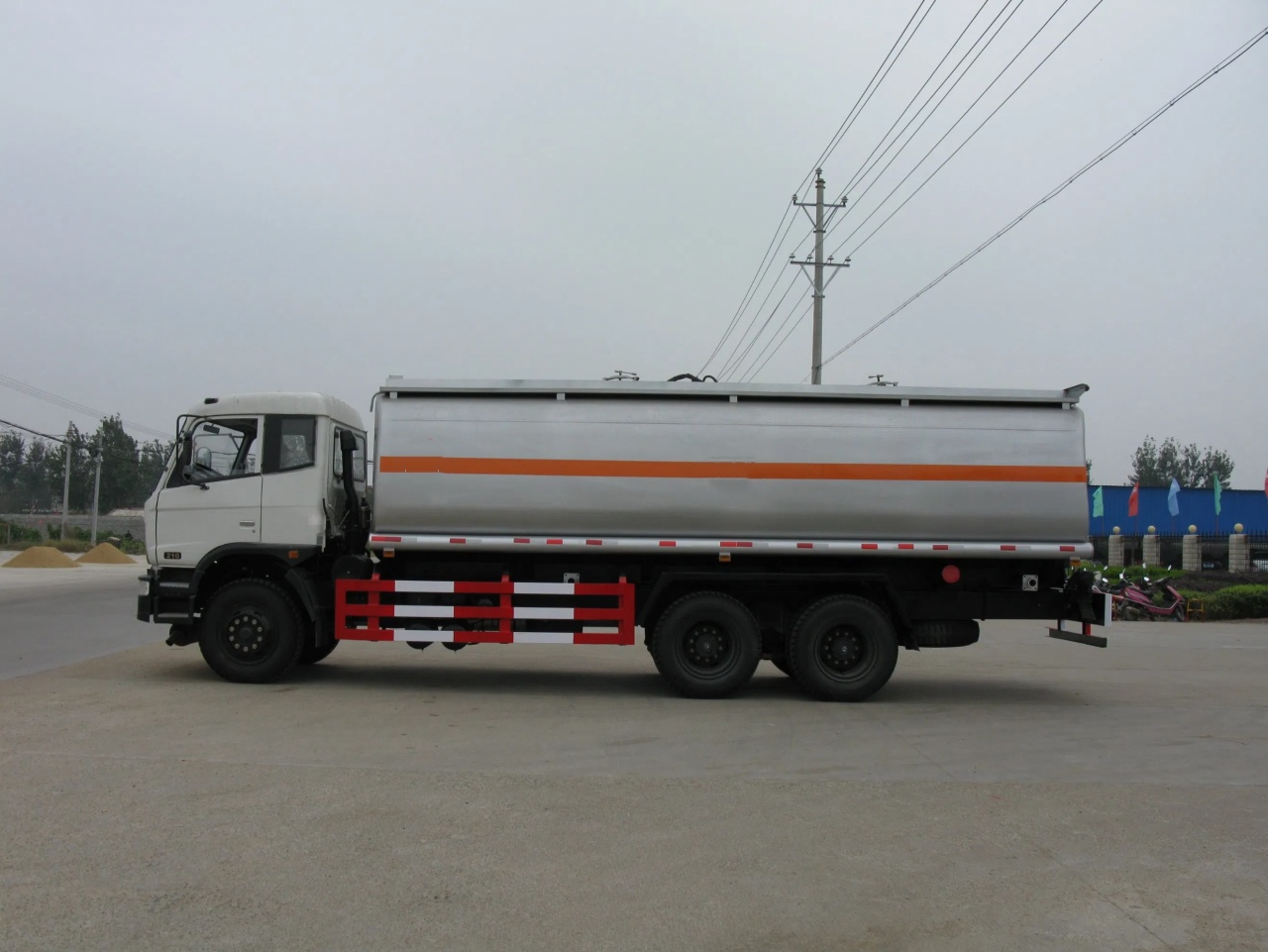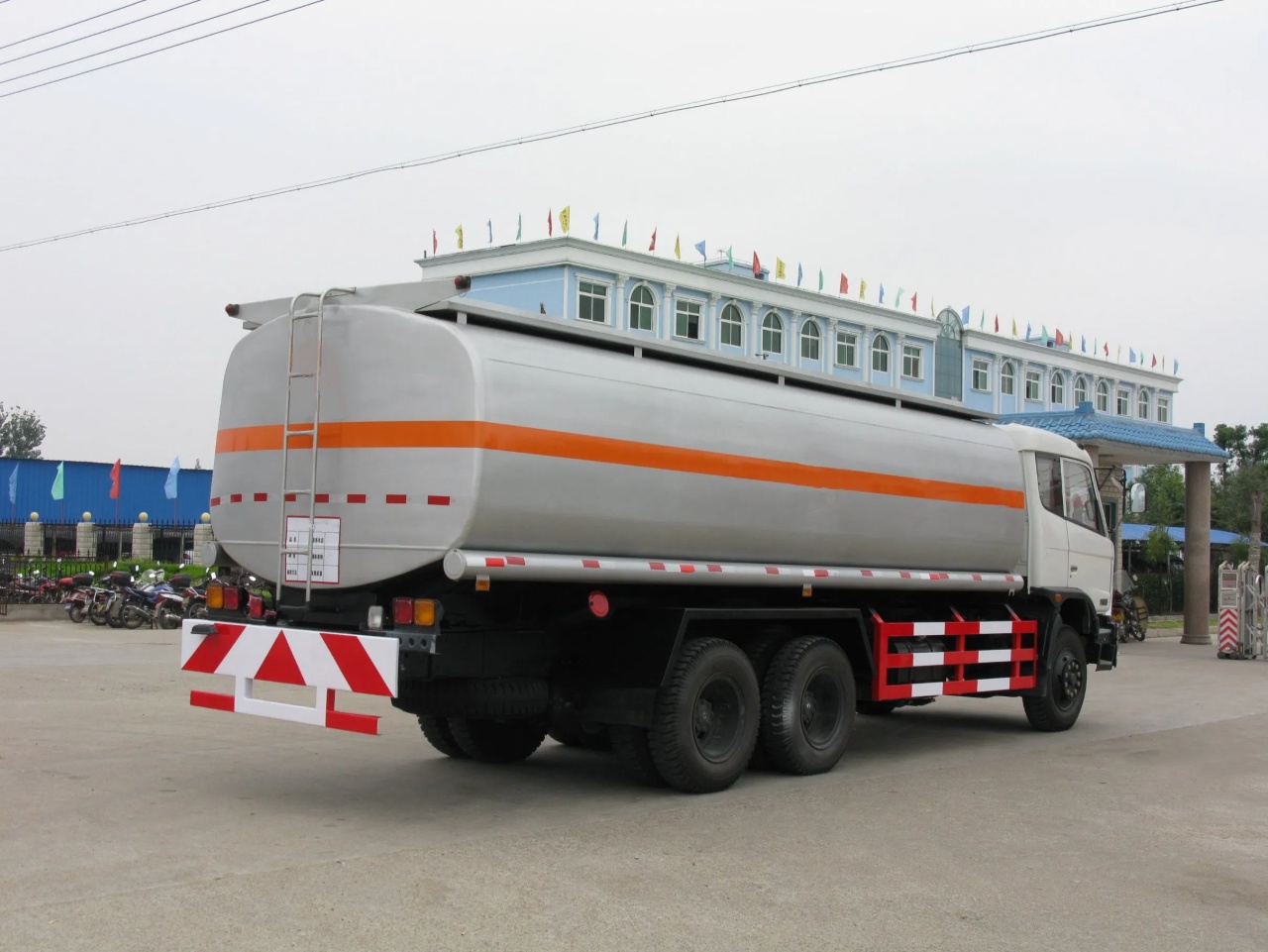Oil tanker trucks are essential vehicles in the logistics chain of petroleum products, delivering fuel to gas stations, industrial sites, and other locations. Their design and specifications are carefully engineered to handle large volumes of liquid cargo safely. One of the most common questions asked about these vehicles is: How heavy is an oil tanker truck? The answer depends on several factors, including the type of oil being transported, the truck’s configuration, and whether it’s full or empty. Let’s dive into the various aspects that influence the weight of an oil tanker truck.
1. What is an Oil Tanker Truck?
An oil tanker truck, also referred to as a fuel tanker or petroleum tanker, is a specialized vehicle designed to transport liquid fuels such as gasoline, diesel, kerosene, and crude oil. These trucks consist of a tractor unit (the front portion with the engine and cab) and a tanker trailer (the cylindrical or oval tank used to carry the liquid cargo). Depending on the application, tanker trucks come in various sizes, capacities, and configurations.
2. Gross Vehicle Weight (GVW): Full vs. Empty
To understand how heavy an oil tanker truck is, it’s important to differentiate between the curb weight, payload, and gross vehicle weight (GVW):
- Curb Weight: The weight of the truck and trailer when empty but with all necessary fluids (fuel, oil, etc.).
- Payload: The weight of the oil or fuel that the tanker is designed to carry.
- Gross Vehicle Weight (GVW): The total weight of the truck when fully loaded, including the truck, the tank, and the fuel cargo.
A fully loaded oil tanker truck typically falls into one of 2 categories, depending on the region and regulations:
- Single-unit medium tanker: Often used for urban deliveries, these have capacities ranging from 3,000 to 5,000 gallons (11,000 to 19,000 liters).
- Semi-trailer heavy tanker: These larger units can carry up to 11,600 gallons (about 44,000 liters) or more, depending on road laws and axle configurations.
Let’s look at their typical weights in detail.
3. Weight of an Empty Oil Tanker Truck
An empty fuel tanker (with the tank dry) weighs significantly less than when full. Here’s a breakdown:
- Single-unit small/medium tanker:
- Curb weight: Approximately 10,000 to 15,000 lbs (4,500 to 6,800 kg).
- Large semi-trailer tanker:
- Curb weight (tractor + trailer): Around 30,000 to 35,000 lbs (13,600 to 15,900 kg).
This curb weight includes the weight of the steel or aluminum tank, chassis, and equipment like pumps and hoses.
4. Weight of a Fully Loaded Oil Tanker Truck
Fuel weighs quite a bit, and when the tank is full, the gross vehicle weight can be impressive:
- Gasoline weighs about 6.1 lbs/gallon (0.73 kg/liter).
- Diesel weighs roughly 7.1 lbs/gallon (0.85 kg/liter).
- Crude oil can vary between 7.0 to 8.0 lbs/gallon depending on composition.
Using those figures:
- Medium tanker truck (4,000 gallons of gasoline):
- Fuel weight: 4,000 × 6.1 = 24,400 lbs
- GVW: 15,000 (empty truck) + 24,400 (fuel) = ~39,400 lbs (17,870 kg)
- Large semi-trailer (9,000 gallons of diesel):
- Fuel weight: 9,000 × 7.1 = 63,900 lbs
- GVW: 35,000 (empty truck) + 63,900 (fuel) = ~98,900 lbs (44,850 kg)
That’s roughly 45 metric tons, which is around the legal road limit in many countries. U.S. federal limits cap the maximum legal GVW for most trucks on interstate highways at 80,000 lbs (36,287 kg), though permits allow heavier loads.
5. Factors That Affect Tanker Truck Weight
a. Tank Material
Tanker trailers are typically made from aluminum, carbon steel, or stainless steel. Aluminum is lighter, reducing curb weight and increasing fuel payload. Steel tanks are stronger and more durable, especially for corrosive liquids like crude oil or chemicals, but are heavier.
b. Compartments
Tanker trucks often have compartments to separate fuel types and prevent liquid surge. These add structural elements, slightly increasing weight.
c. Regulations
Maximum allowed weights vary by country, state, and road type. Trucks may have:
- 3 to 6 axles, which distribute weight and influence road limits.
- Permits to exceed legal weights in special cases (e.g., rural deliveries or off-road).
d. Type of Fuel
Heavier fuels like diesel or crude oil increase payload weight, while lighter ones like gasoline allow for more volume within weight restrictions.
6. Specialized Tanker Configurations
Some oil tanker trucks are designed for unique conditions:
- Off-road crude oil tankers used in oilfields have larger tanks and reinforced axles, often exceeding 100,000 lbs GVW.
- Articulated tankers used in Europe and Australia can have B-double or road train configurations, legally reaching 120,000 lbs (54,400 kg) or more.
7. Safety and Load Management
Because of the heavy weight and fluid nature of the cargo, oil tanker trucks are fitted with:
- Baffles: Internal structures that reduce liquid slosh during transit.
- Low center of gravity designs are used to prevent rollovers.
- Load indicators to monitor weight distribution and avoid overloading.
Overloaded or poorly balanced trucks can be dangerous and violate traffic laws. That’s why accurate weighing and documentation are critical.
8. Conclusion
So, how heavy is an oil tanker truck? The short answer: it can weigh anywhere from 10,000 lbs empty to nearly 100,000 lbs fully loaded, depending on its size and cargo. These heavy-duty vehicles are powerful and precisely engineered to carry vital energy supplies across great distances safely and efficiently.
Understanding the weight dynamics of these trucks not only helps appreciate their engineering but also highlights the importance of logistics planning, infrastructure, and safety in the oil and fuel transport industry.
